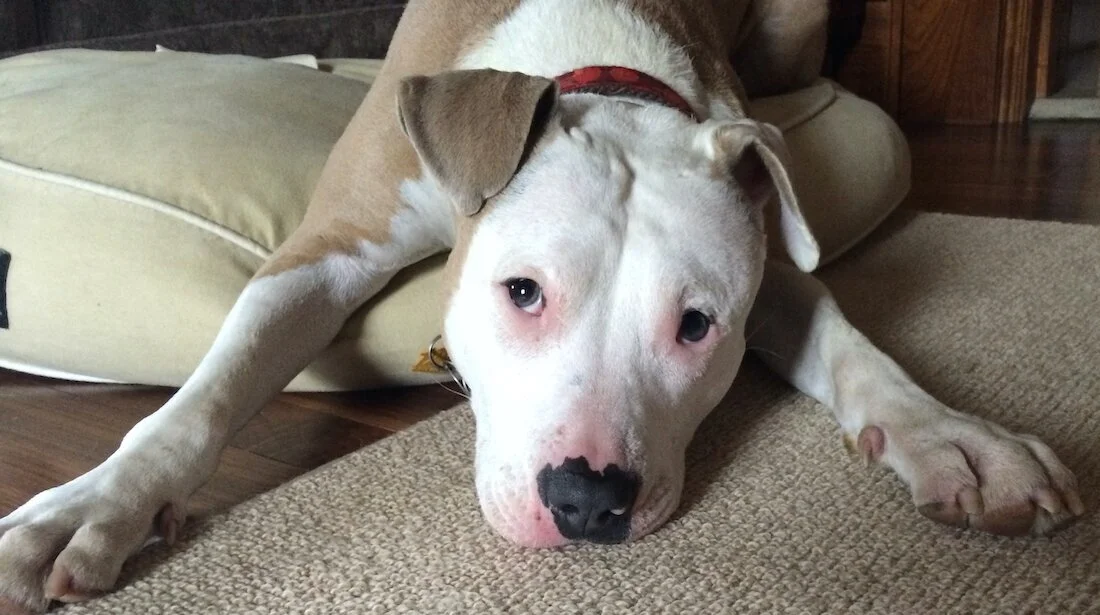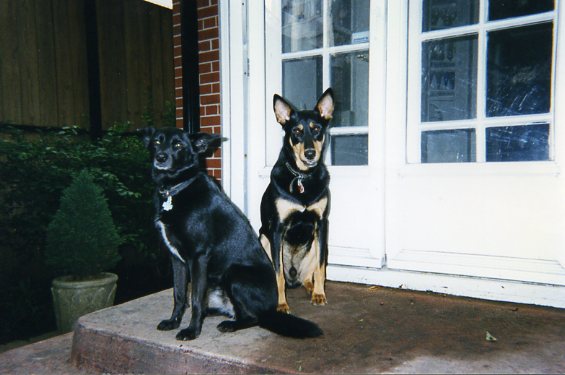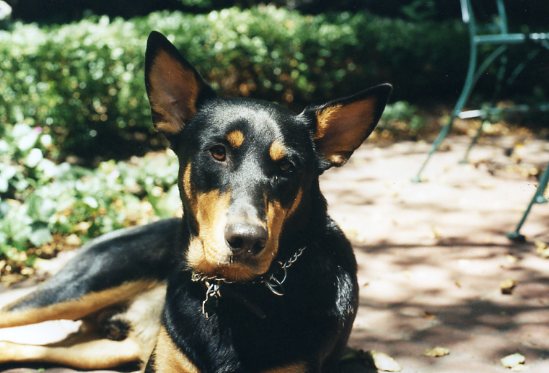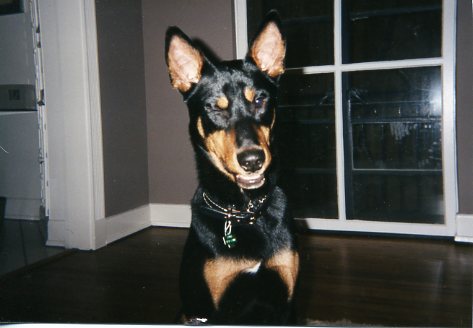When Cortés reached the new world he burned his ships to ensure his men harbored no second thoughts about their new life.
Apparently in 1504 fire was easier to find than a buyer in the real estate market 0f 2009.
Having failed to sell our Chicago home in each of the previous two years, we entered 2009 with twice as much real estate as we wanted and a shrinking economy. From an emotional standpoint, we also had a boat back to our old life. More than once we were tempted by familiarity and fear to jump in and start paddling back to the midwest.
Familiarity and fear are frauds. Say it three times. Pin it on every door you pass through. Tattoo it somewhere prominent. Less serious measures will leave you vulnerable to their siren call.
For as hard as we try to use our brains, we are animals. Ninety percent of our DNA we share with chimpanzees. And the remaining ten can’t do all the thinking all the time. So, much as we might wish to be smart, pragmatic, strategic and wise, chemistry 101 will often prevent it. Particularly when stress is added to the equation. Like that brought about by a once in a lifetime economic melt-down.
The fact is Cortés was way ahead of his time. He still is. Because he knew that when options are removed, we make the best of a situation. And the best is often great.
But given choices, we reflect, cogitate, rationalize, justify, and then often head back the way we came. It’s called human nature. And it has happened this way since before we stood and walked.
A lot of company owners acknowledge the emotional side of change with words. But then act as though someone else had said them.
Better business is built on a foundation of sensitivity to the emotions of everyone involved. Including your own. Sometimes you need to take physical steps to create the environment for progress. Like burning your ships.
We bought 650 West Hutchinson Street on December 1, 1994. Put another way, George W Bush had barely taken the oath of office as the Governor of Texas. No one had heard of Monica Lewinsky. And Barack Obama - in his second year teaching law at the University of Chicago - was three years away from holding his first elected office. The day we moved into the house, we weren’t married, didn’t own a single dog, and had never hired a single person.
Through all that our home had been our ship.
But as Winter turned to Spring this year still we couldn’t cut it lose. And our broker - a sales genius - told us that it might be another year before we’d see an offer. The alternative - and on many days the temptation - was to head back. Familiarity and fear might be frauds. But their short term narcotic effect is powerful.
It was with relief and some surprise that we received a call in mid May. With it came the chance to begin to focus fully on the way forward. Someone had fallen in love with our house.
We started to negotiate. The match was lit. The fat lady was about to sing.
There’s a reason fat ladies with loud voices don’t hold lit matches.































